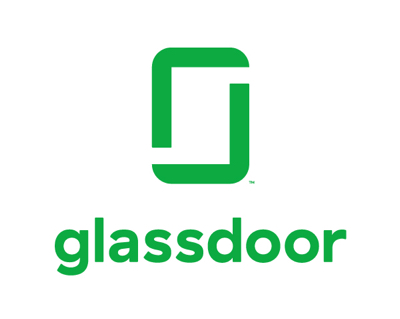Interview questions that uncover who a candidate really is
To really understand your prospective candidates and what they bring to your organisation, it's important to open up a deeper conversation beyond the job opportunity at hand. Here are some must-ask interview questions to help you get to the heart of who your candidates are, and the reasoning behind asking these questions.
This month’s must-ask interview questions derive from a social media native who also is an engaging and tech-savvy recruiter. Ed Han, Talent Acquisition Geek, JobSeeker Ally, Wordsmith and Job-Hunt.org contributor, imbues July’s column with his knack for connecting the dots for culture as well as skill fit.
Not only does he reach deep into the who, what, why and how, but he also unearths the subtext of the candidate’s value proposition. By opening up a conversation about a deeper story — beyond the job opportunity at hand — Han builds a case as to how the candidate’s story meshes (or does not mesh) with the organisation’s script.
By doing so, he and the hiring manager can better authenticate a proper candidacy, someone who will add color and composition to the cast of performers already in play.
As such, the following questions, and the reasoning behind them, set Ed Han’s interview stage.
1. How did you get into this role?
Why Ask This Question? I consider this a good question because I’m a fan of open-ended questions and want to understand the ‘why’ of someone’s professional value proposition.
2. What makes you excited about your job again after a tough day?
Why Ask This Question? Everyone has tough days: the question makes the candidate explain how he/she gets through them, and hopefully still delivers on his/her mandate.
3. Who has had the greatest influence on the way you do your job now?
Why Ask This Question? Influence is a funny thing. We all are influenced by people we admire. Tracking this kind of influence, particularly the most powerful influences, helps provide some valuable context about what drives the candidate.
4. If you had to design your perfect next role, what would that look like?
Why Ask This Question? This question is a bit of a sanity check. Does what the candidate describes match strongly with this opportunity? If not, why is this role interesting to him/her?
5. What makes you the best choice for this opportunity vis a vis the other people with whom I am speaking?
Why Ask This Question? A clear value proposition statement helps me understand if this person really is/isn’t the right one for this role.
Additional Interview Questions to Ask
As a complement to Han’s questions, we’ve unearthed a few where and how questions to close the ‘who, what, where, when and why’ questioning loop:
6. Where do you go or what do you do when, in the middle of the workday, you need to decompress from stress?
Why Ask This Question? Managing stress amid the mezzanine of work activity can be a conundrum for some people. How they articulate their destressing solutions illuminates a candidate’s abilities (or inabilities) to manage stress. This can be particularly important for high-pressure roles.
7. How do you handle a situation where a teammate isn’t holding up his/her end of the group project?
Why Ask This Question? Does the candidate describe immediately launching into a problem-solving conversation with the teammate? Or, are they quick to take on the task themselves, versus confronting the teammate at all? The candidate’s ‘how’ response provides insights onto their communication and problem solving acumen.
8. Where do you access information when the Internet is down?
Why Ask This Question? A think-on-your feet interrogatory in this digital world can elicit a variety of interesting, even light-hearted responses, all of which can tilt the conversation in new and creative directions.
9. How do you handle a customer (internal or external) who is upset with you about something your boss did?
Why Ask This Question? We have all been in situations where we got the heat for someone else’s mess-up. Does the candidate go into finger-pointing and deflection mode, or do they jump right into problem-resolution mode? In other words, do they take the hit of the blame and just move through to resolve the issue or do they complicate the response with over-explaining where (with whom) the problem started? This shines a light on a candidate’s problem-solving maturity.
10. How do you help make the company money?
Why Ask This Question? Whether the position is for a sales producer whose path to revenue is clear or for an administrative assistant whose supporting cast role only indirectly impacts revenue, every job pays for itself in some way. How the candidate connects the dots articulates to the interviewer whether they understand how their performance and the company’s financial goals intersect.
You may also like:
Ready to get started?

